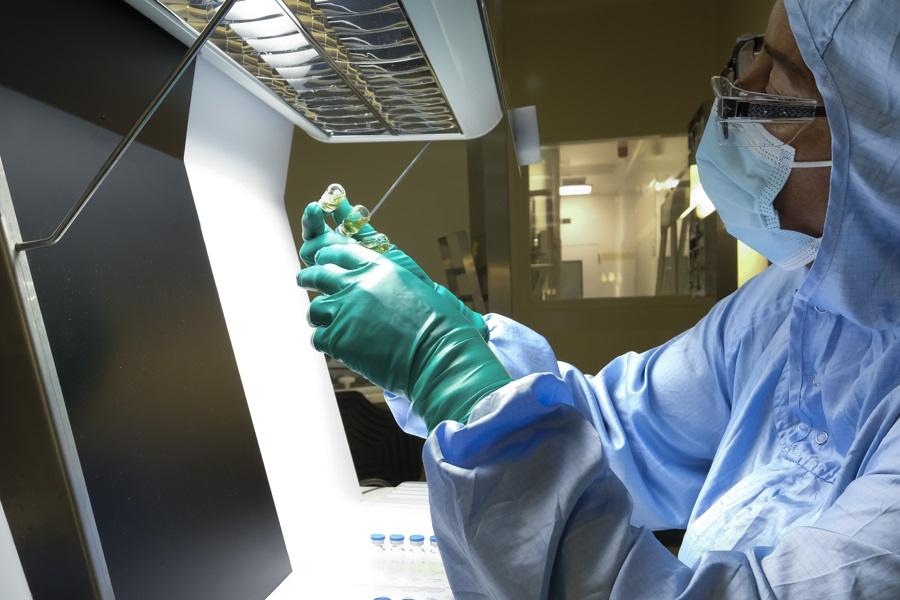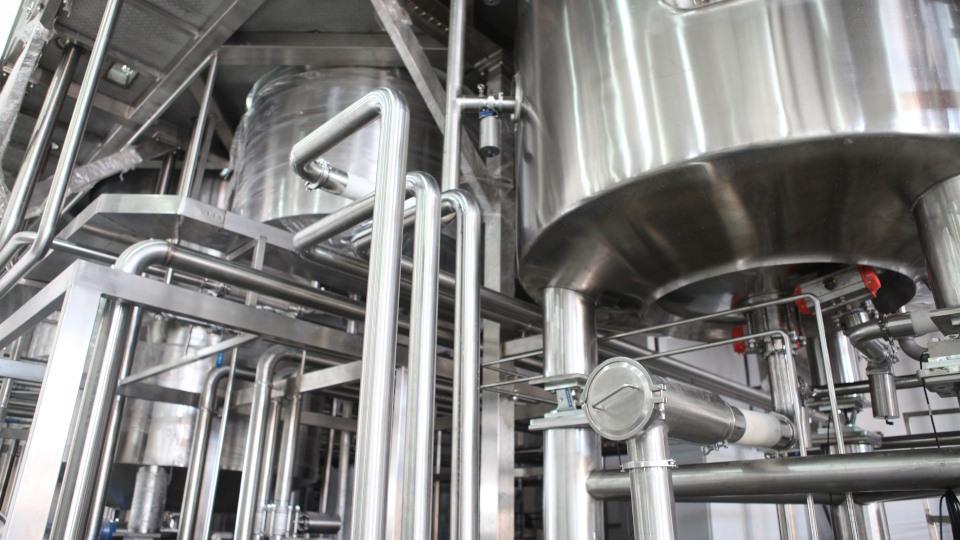UK must not overlook manufacturing in life sciences drive

To meet its aspiration of becoming a life sciences superpower, the UK must not only discover and develop new medicines – it must also be able to manufacture them at scale, according to a new report.
The Medicines Manufacturing Industry Partnership (MMIP) – which was set up by the UK government and biopharma industry in 2014 to drive growth in the sector – argues that, with the right policies, the UK could attract £15 billion ($18.8 billion) in new investment over the next decade, and create an estimated 116,000 new jobs.
The report – entitled Follow the green, high-tech road: A path to UK growth, net zero, and health resilience from innovation in medicines manufacturing – notes that almost 45% of the £36.9 billion generated by the UK life sciences industry came from manufacturing, with 13% from research. The other largest segment, at 42% of the total, was medical technology manufacturing.
“Notwithstanding the strength of UK medicines research and development, it is manufacturing that generates the majority of the life sciences jobs and revenues that power the UK economy,” says the report, which also points out that, while R&D is focused largely in the southeast, manufacturing is spread across the UK and provides well-paid jobs in less prosperous areas.
The standing of UK manufacturing should not, however, be taken for granted, according to the MMIP, which says that the US, Ireland, and France are among countries that have been investing heavily in the sector, helping to power export growth.
An earlier analysis by the partnership found that the number of people employed in UK medicines manufacturing has been shrinking, while production volumes have fallen by a third since 2009. It also said the UK had fallen from 4th to 98th place in overall trade balance in pharmaceuticals, and its formerly strong trade balance has become a deficit.
Belgium, France, Ireland, and Italy all showed sizeable gains in their medicine trade balance between 2015 and 2020, while the UK slipped into reverse.
Reversing the trend will require a concerted effort around three key areas: environmentally sustainable, ‘net zero’ production; making the country a go-to destination for advanced therapies and manufacturing technologies; and building a resilient manufacturing base with measure to encourage investment.
The group is seeking £1.1 billion from the government over four years for innovation and investment incentives, weighted towards capital grants that it claims could unlock £6 billion in industry investment.
There are tangible signs that the approach works. For example, the first tranche of the government’s existing Life Sciences Innovative Manufacturing Fund (LSIMF): £17 million in government funding unlocked a further £260 million in private sector investment, creating 320 new jobs and safeguarding nearly 200 more.
MMIP is also calling for a five-year digital innovation in medicines manufacturing technology roadmap, with the creation of a UK Medicines Manufacturing Data Institute, and a refined system of R&D tax credits that covers relief on capital expenditures and “long-term certainty” on capital allowances.
Work needs to start immediately to prepare the sector for 2023 and beyond, says the report, which notes that manufacturing investments have long lead times.
“Our recommendations will help create the right, pro-investment ecosystem for companies to choose the UK when deciding where to place their next manufacturing facility,” said MMIP's chair, Brian Henry.
“A sustained effort is needed to capitalise on the UK’s traditional strength in early-stage science and translate it into medicines manufacturing success – with all the jobs, investment, and long-term growth that comes with it.”
The report comes at a time when the UK sector is scrutinising its recent performance from a number of perspectives, notably clinical research, where there has also been a sharp decline in new trial starts over the last few years and difficulties in recruiting workers with the skills to support digitalisation.













